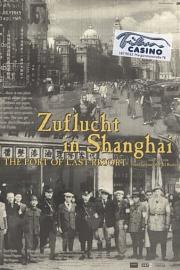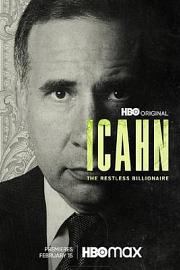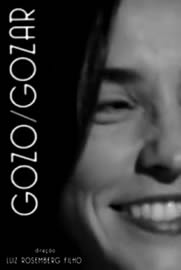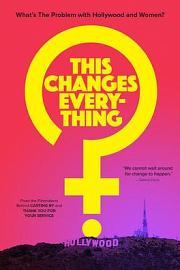
The Port of Last Resort (1998)
Shanghai, 1938-1941. When the world war was on the verge of breaking out in Europe, the chances of Jews persecuted by the Nazis fleeing abroad became less and less. At that time, only Shanghai, which was still in China, could allow foreigners to move in without any documentation, so more than 20,000 Jews poured into Shanghai in waves. From "Little Vienna", which is far away from the war, to foreign residential areas as crowded and messy as concentration camps. The overseas exile of this group of Jews is closely related to the fate of this foreign city. This film is based on the personal experiences of four Jews who were in trouble later than they were in Shanghai, accompanied by some precious photos and documentaries that have not yet been published, as well as Wei Ting and Stafford, two Jews who were trading and publishing in Shanghai at that time. The letters and torture left behind reflect the Shanghai memories of this group of Jews. Whether through a simple interview recording, or the text into a voiceover with the relevant image presentation, it is as if to lead the audience into the minds of these characters to witness their hardship and helplessness in those dilapidated years. The soundtrack of this film is excellent, using traditional Jewish and Chinese musical instruments and music style, but also interspersed with the West.
Shanghai, 1938-1941. When the world war was on the verge of breaking out in Europe, the chances of Jews persecuted by the Nazis fleeing abroad became less and less. At that time, only Shanghai, which was still in China, could allow foreigners to move in without any documentation, so more than 20,000 Jews poured into Shanghai in waves. From "Little Vienna", which is far away from the war, to foreign residential areas as crowded and messy as concentration camps. The overseas exile of this group of Jews is closely related to the fate of this foreign city. This film is based on the personal experiences of four Jews who were in trouble later than they were in Shanghai, accompanied by some precious photos and documentaries that have not yet been published, as well as Wei Ting and Stafford, two Jews who were trading and publishing in Shanghai at that time. The letters and torture left behind reflect the Shanghai memories of this group of Jews. Whether through a simple interview recording, or the text into a voiceover with the relevant image presentation, it is as if to lead the audience into the minds of these characters to witness their hardship and helplessness in those dilapidated years. The soundtrack of this film is excellent, using traditional Jewish and Chinese musical instruments and music style, but also interspersed with the West.
Top Cast
-
Grossman Joan Grossman Director
-
Rosdy Paul Rosdy Director
-
Barbara Sukowa Actor
-
Tausig Otto Tausig Actor
1080P
| Title | Download | Size | Publish |
|---|---|---|---|
| The.Port.of.Last.Resort.1998.1080p.AMZN.WEBRip.DDP2.0.x264-MELON | 4.3GB | 2 Year ago | |
| The.Port.of.Last.Resort.1998.1080p.WEBRip.x264-RARBG | 1.4GB | 2 Year ago | |
| The.Port.of.Last.Resort.1998.1080p.WEBRip.x265-RARBG | 1.2GB | 2 Year ago |
Similar Movies

 Best of Enemies(2015)
Best of Enemies(2015)

 Gozo/Gozar(2016)
Gozo/Gozar(2016) Imagine(1972)
Imagine(1972)

 Brats(2024)
Brats(2024) This Changes Everything(2018)
This Changes Everything(2018)

